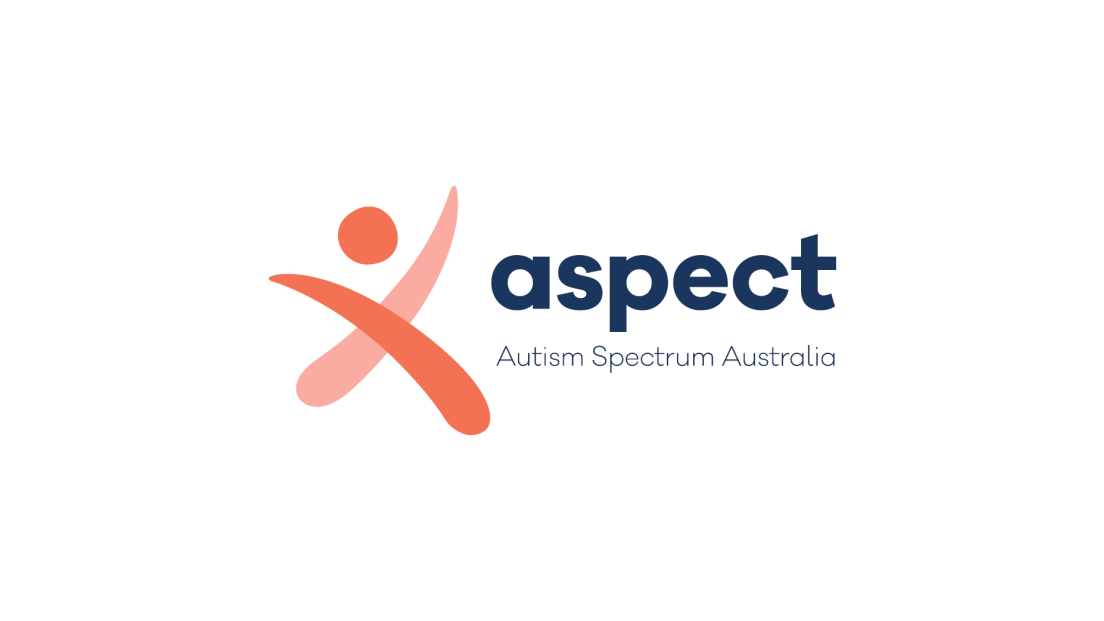Australian first study into self-compassion in Autistic adults leads to life-changing new program
Sydney, Australia: New research exploring levels of self-compassion in Autistic adults has uncovered a significant link between the ability of Autistic adults to be self-compassionate and their capacity to regulate emotions, a difficulty faced by many people on the autism spectrum.
Conducted by the Aspect Research Centre for Autism Practice (ARCAP), this is the first research study globally to explore self-compassion in Autistic adults and its potential significance for improving mental health and psychological wellbeing.
Initial findings among 153 Autistic adults (63% female, 27% male, 10% other gender) and 93 non-Autistic adults (82% females, 18% males) showed Autistic adults as a group scored lower on self-compassion and positive wellbeing and higher on anxiety and depression than non-Autistic adults.
In fact, 50 percent of Autistic adults scored low on self-compassion vs 8 percent of non-Autistic adults; and only 7 percent of Autistic adults scored high on self-compassion vs 49 percent non-Autistic.
Follow-up research with a group of 39 Autistic adults who trialled a newly developed online self-compassion program over a five-week period was conducted to determine whether self-compassion levels could be improved. Participants completed measures of their self-compassion levels, amount of positive and negative emotions, symptoms of anxiety and depression, and emotion regulation difficulties before and after completing the self-compassion program.
Dr Ru Ying Cai, Postdoctoral Researcher at ARCAP said when Autistic adults are supported and taught ways to improve self-compassion, the positive impact on mental health and the ability to regulate emotions can be life-changing.
“We found that after completing the program, participants’ overall self-compassion levels moved from low to moderate. In addition, their amount of positive emotions increased significantly, and their symptoms of anxiety and depression, and emotion regulation difficulties decreased significantly,” added Dr Cai.
“While our study focused on Autistic adults, it is plausible that teaching and encouraging self-compassion in children and youth diagnosed on the autism spectrum will lead to better psychological outcomes in their adult lives.”
Self-compassion is defined as a healthy way of relating to ourselves and involves being warm and understanding when we suffer, fail or feel inadequate, rather than ignoring our pain or being too self-critical.
Research participant, Deborah Hunter said the program was life-changing and provided a new type of psychological resilience during times of distress or anxiety.
“There is such value in practicing self-care but it’s not something that has come easy to me, as being self-critical when I make mistakes or fail is my natural default,” said Ms Hunter. “Being kinder to myself helps me to navigate my emotions and the more I actively practice self-compassion, the more I develop, which makes me feel happier and more confident and positive overall.”
For many Autistic adults, the pressure to adapt in neurotypical environments including workplaces, education settings and the home, creates situations where self-criticism thrives because their social abilities do not align with non-Autistic people’s expectations, especially in contexts where others lack understanding of autism.
The new Aspect Self-compassion Program for Autistic Adults (ASPAA) includes modules to learn what self-compassion is and is not, and daily exercises to improve self-compassion skills. The program will be made freely available to healthcare providers and therapists to implement with their Autistic clients alongside existing therapies.
For more information contact:
Karen Keech karen@establishedpr.com.au 0411 052 408
About Aspect and ARCAP
Autism Spectrum Australia (Aspect) is Australia’s largest autism-specific service provider, with one of the world’s biggest autism-specific schools programs. A not-for-profit organisation, we work in partnership with people of all ages on the autism spectrum and their families to deliver distinct services, practices and research that recognise a different brilliant® - understanding, engaging and celebrating the strengths and interests of people on the autism spectrum.
The Aspect Research Centre for Autism Practice (ARCAP) the research arm of Aspect. We conduct participatory research that is translated into respectful, proven practices to positively impact the lives of Autistic people, their families and carers.



